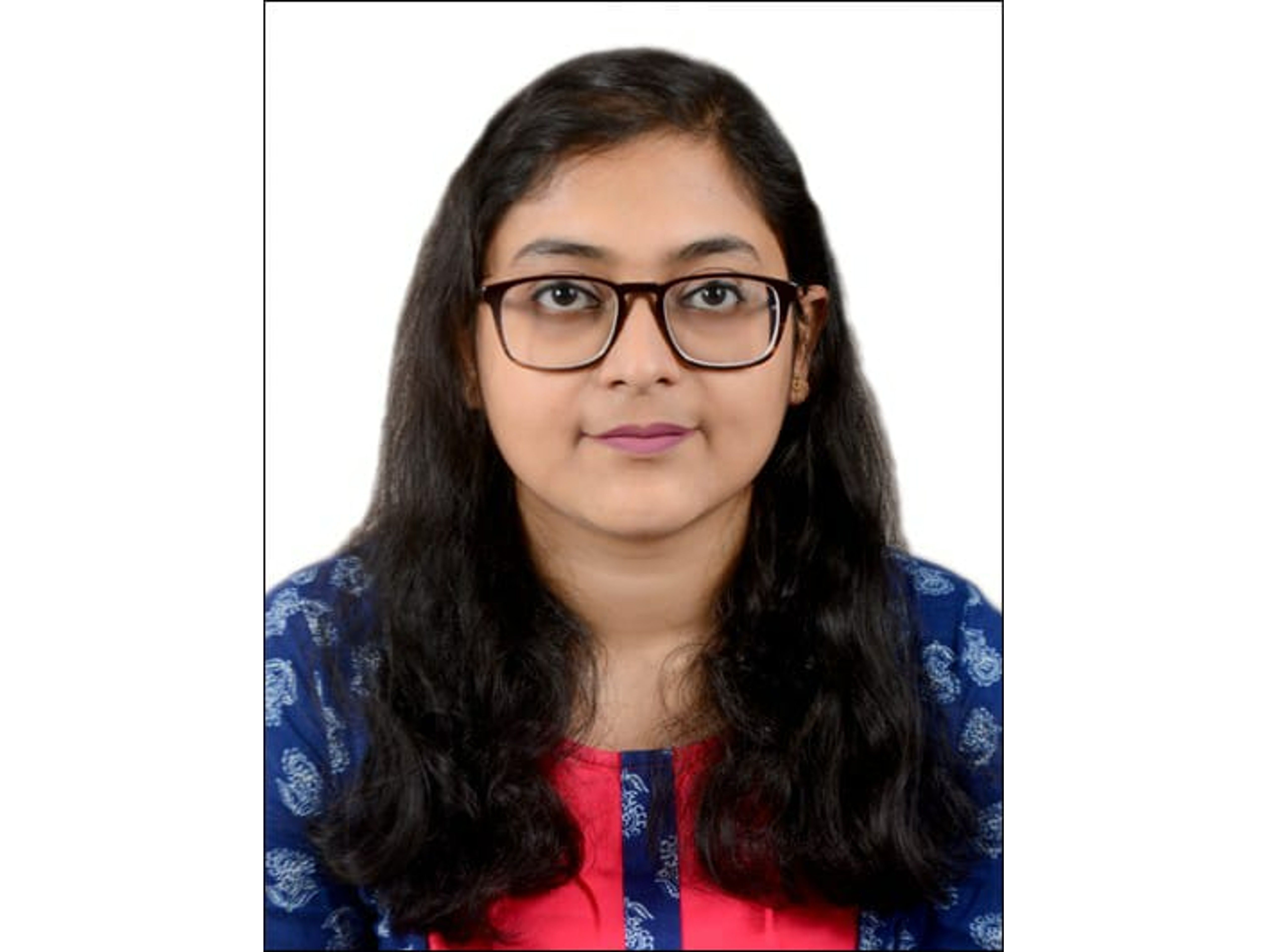A Comprehensive Guide to the IVF Procedure
Discover a complete guide to the IVF procedure, including step-by-step insights, success rates, risks, and expert tips to improve your chances of conception.

Written by Dr. Sonia Bhatt
Last updated on 3rd Jul, 2025

Introduction
In-vitro fertilisation (IVF) has become a beacon of hope for many couples struggling with infertility. The IVF technique allows for conception outside the natural environment, offering an alternative route to parenthood when traditional methods have not been successful.
IVF, or in-vitro fertilisation, is a medical procedure that helps women and couples struggling with infertility conceive a child. The process involves the fertilisation of an egg outside the body in a laboratory dish. Once fertilised, the embryo is transferred back into the woman's uterus, where it can implant and develop into a pregnancy.
This article will provide a comprehensive guide to the IVF procedure, including its steps, benefits, risks, and what to expect throughout the journey.
When is IVF Recommended?
There are several reasons why IVF may be recommended, including:
Female Infertility: Conditions like blocked fallopian tubes, endometriosis, or age-related factors can hinder a woman's ability to conceive naturally.
Male Infertility: Low sperm count or poor sperm quality can lead to difficulty in achieving pregnancy.
Unexplained Infertility: In some cases, no specific cause of infertility is found, making IVF a potential option.
Same-Sex Couples or Single Women: IVF with donor sperm or eggs can also be an option for same-sex couples or women without a male partner.
Genetic Concerns: Couples who have a genetic disorder they are at risk of passing on may opt for IVF with preimplantation genetic testing (PGT) to ensure the embryo is healthy.
Multiple Failed Pregnancies: Couples who have experienced recurrent pregnancy loss or multiple failed attempts at natural conception may turn to IVF to improve their chances of a successful pregnancy.
The IVF Process: Step-by-Step
The IVF process has several stages, requiring precision, care, and close monitoring by medical professionals. While every patient’s journey is unique, the following steps outline the standard IVF process:
1. Ovarian Stimulation
The first step in IVF is stimulating the ovaries to produce multiple eggs instead of the single egg that would naturally be released during a menstrual cycle. Fertility medications containing hormones like FSH (follicle-stimulating hormone) and LH (luteinising hormone) are prescribed. These medications encourage the ovaries to produce multiple eggs, increasing the chances of successful fertilisation.
Duration: This phase normally lasts 10-14 days. Blood tests and ultrasounds are performed during this stage to monitor egg development.
What to Expect: The injections may cause side effects such as bloating, mood swings, or mild discomfort. However, these symptoms are usually temporary.
2. Egg Retrieval (Aspiration)
Once the eggs mature sufficiently, egg retrieval (or aspiration) is planned. During this stage, the matured eggs are carefully collected from the ovaries. Egg retrieval is done by using a thin, flexible tube inserted through the vaginal wall. The procedure is done under sedation, ensuring that the patient is comfortable and does not experience pain.
Duration: The retrieval typically takes 20-30 minutes.
What to Expect: Mild cramping, bloating, or spotting may occur afterwards. It’s important to rest after the procedure and follow the clinic’s instructions for recovery.
3. Fertilisation
After egg retrieval, the eggs are fertilised in the laboratory using the sperm provided by the male partner or a sperm donor. There are two methods of fertilisation:
1. Conventional IVF: The sperm is placed in a dish with the egg, allowing natural fertilisation to occur.
2. Intracytoplasmic Sperm Injection (ICSI): A single sperm is directly injected into an egg to enhance the likelihood of fertilisation. ICSI is often used when male infertility is a concern.
Duration: Fertilisation takes place within hours after the eggs are retrieved.
What to Expect: Patients will be informed whether the fertilisation was successful within 24 hours.
4. Embryo Culture and Monitoring
After fertilisation, the embryos are cultured and monitored for growth over the next few days. In most IVF cycles, embryos are cultured for 3-5 days. On day 5, embryos that have developed to the blastocyst stage (an advanced stage of embryo development) are typically considered for transfer.
Duration: This stage lasts around 3 to 5 days.
What to Expect: It is an emotional time as patients await updates on the development of their embryos. Some clinics offer the option of genetic testing at this stage to screen for genetic disorders.
5. Embryo Transfer
Once the best-quality embryos are selected, one or two are transferred into the woman’s uterus. This is a relatively simple and painless procedure in which a thin catheter places the embryo(s) in the uterine cavity. In some cases, if multiple embryos are present, additional embryos may be frozen for future use.
Duration: The transfer takes around 10-15 minutes.
What to Expect: There is no need for anaesthesia, though mild cramping may occur during or after the procedure. Patients can usually go home after the transfer.
6. Pregnancy Test and Follow-up
A blood test for pregnancy is conducted after 10-14 days of embryo transfer. If the test is positive, further monitoring will be required to ensure the pregnancy is progressing normally. A follow-up ultrasound is generally planned a few weeks later to confirm the presence of a heartbeat and assess the pregnancy's growth.
What to Expect: The wait between the embryo transfer and the pregnancy test can be tense. During this period, it’s essential to remain patient and focus on self-care.
IVF Success Rates
IVF success rates can vary depending on several factors, including the woman’s age, the cause of infertility, and the clinic's experience. In general, younger women tend to have higher success rates, with the likelihood of success decreasing as women age, especially after 35 years old.
To improve your chances of success, following your fertility clinic’s recommendations closely is vital; taking prescribed medications as directed and attending all scheduled appointments is critical.
Common IVF Side Effects and Risks
While IVF is a generally safe procedure, it can involve side effects and potential risks:
Ovarian Hyperstimulation Syndrome (OHSS): In rare cases, ovaries become overstimulated by fertility medications, causing discomfort and, in severe cases, complications.
Multiple Births: IVF increases the likelihood of multiple pregnancies (twins, triplets), which can pose health risks for both mother and babies.
Emotional Stress: The IVF journey can be emotionally taxing, and it’s common to feel anxious, stressed, or overwhelmed.
Tips for a Successful IVF Journey
Undergoing IVF can be an emotionally and physically demanding process, but certain lifestyle choices and preparations can improve the chances of success. Here are some key tips to help navigate the journey smoothly:
Maintaining a Healthy Lifestyle: A balanced diet, regular exercise, and healthy weight can improve IVF outcomes.
Manage Stress: Consider yoga, meditation, or counselling to help manage emotional stress throughout the IVF process.
Follow Medical Advice: Adhere to the prescribed medication schedule and attend all monitoring appointments.
Conclusion
IVF is a revolutionary fertility treatment that has helped countless couples achieve their dream of parenthood. While the process can be complex and emotionally challenging, with the right support and preparation, IVF offers many individuals and couples the chance to conceive. Understanding the IVF procedure, its steps, and potential risks will help you make informed decisions about your fertility journey.
If you are considering IVF, speak to a fertility specialist to discuss your individual needs and to create a personalised treatment plan.
Consult Top Obstetrician-Gynecologists
Consult Top Obstetrician-Gynecologists

Dr. Ritika Khurana
Obstetrician and Gynaecologist
16 Years • MBBS, DGO(GYNAECOLOGY AND OBSTETRICS)
Pune
Dr Rupali and Dr Ritika, Pune

Dr Homeira Nishat
Obstetrician and Gynaecologist
34 Years • MBBS, Diploma in Obstetrics & Gynaecology
Bengaluru
Cure Hospital and Clinic, Bengaluru

Dr. Tanvi Gaba
Obstetrician and Gynaecologist
9 Years • MBBS, DGO
New Delhi
AAKASH MEDSQUARE, New Delhi

Dr. Neetu Singh
Obstetrician and Gynaecologist
19 Years • MBBS , MD (Obstetrics & Gynaecology)
Ghaziabad
Mother And Kidz Clinic, Ghaziabad

Dr. Debashree Saha
Obstetrician and Gynaecologist
4 Years • MBBS, MS (Obstetrics & Gynaecology)
Kolkata
DR. DEBASHREE SAHA Clinic, Kolkata




